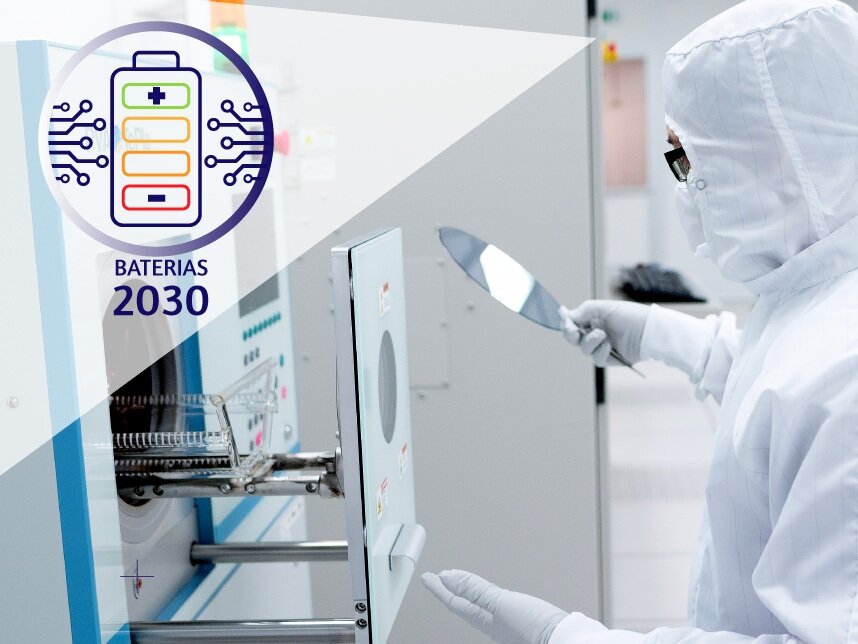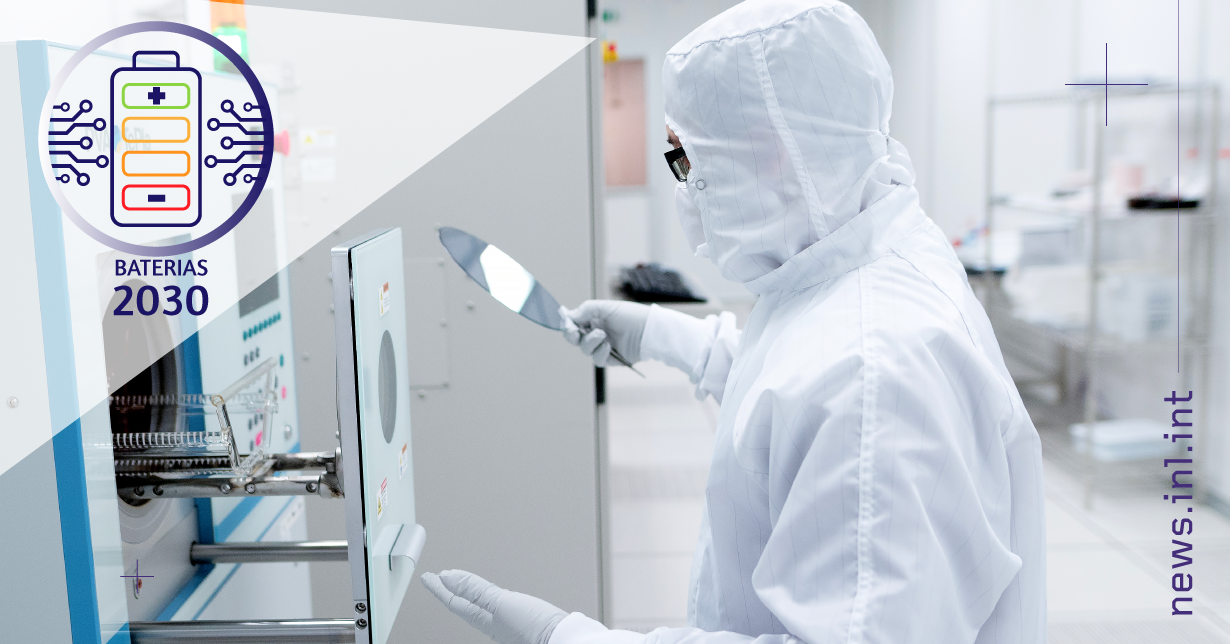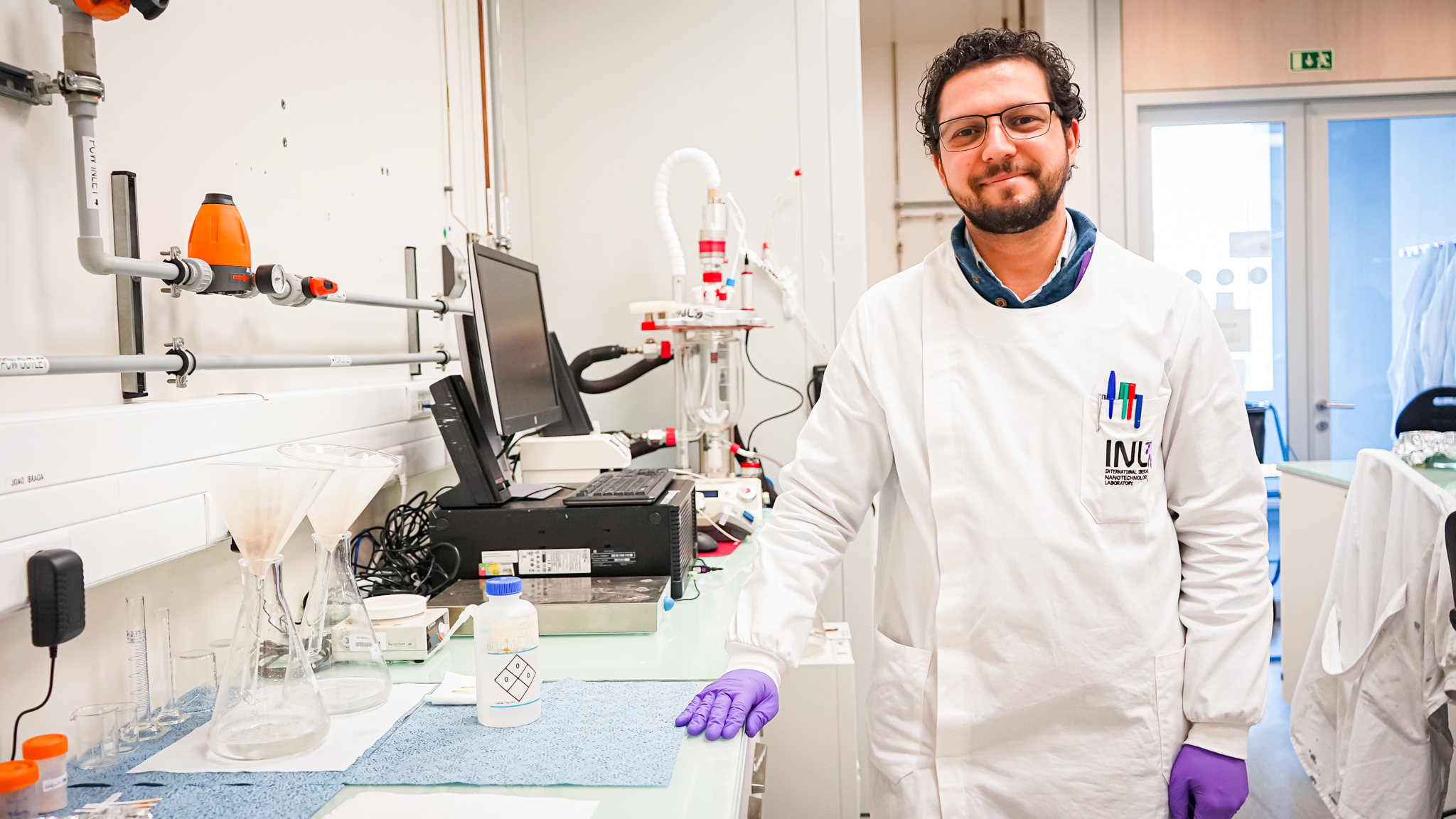
Batteries are the central element in a project that announces new urban electricity grids
April 28, 2021
The need to create alternative ways to generate, store and distribute electricity is at the heart of the Mobilizer Project “Baterias 2030”, financed by the Portugal 2020 Program and which brings together a total of 14 companies and 9 research centres.
The most visible aspect of this initiative will be the setting up of a “living laboratory”, in the city centre of Braga (Portugal), with the support of the Municipality, to demonstrate how the batteries will be decisive in the electric networks of the near future, particularly in the most densely populated areas.
Until June 2023, “Baterias 2030” partners will work together to create technologies based on research lines that are at different stages of maturity, to change the way energy is produced, stored, and managed.
For Raul Cunha, from the DST solar company, which leads the project, “the current development model, based on intensive fossil fuel energy consumption, combined with the territorial dynamics that tend to concentrate the majority of the population in urban areas, poses important energy challenges to the development of the cities of the future. As the world population becomes increasingly urbanized, with more than half – 55% – currently living in cities and with prospects of increasing to a proportion of 68% by 2050, the decarbonization of cities becomes instrumental in fighting against climate change ”.
The “Baterias 2030” Project foresees an investment of 8.3 million euros and will focus, over the next two years, “on an energy model based on renewable production that, because it is intermittent, makes intermediate storage necessary. This storage, for reasons of savings in distribution, will have to be done locally, in the buildings themselves, and integrated into smart micro-networks”, adds Raul Cunha, for who “batteries will be the new central element for sustainability and urban decarbonization, contrary to the current development model that threatens to make life in medium and large-sized cities unsustainable”.
“Baterias 2030” is born from the joint efforts made by DST Solar, DST SA, Bysteel FS, WATT-IS, Innovation Point, Efacec, Addvolt, Cimentos Maceira e Pataias, CDC New Cap, Visblue, INL – International Iberian Nanotechnology Laboratory, FEUP – Engineering Faculty at the University of Porto, IST – Instituto Superior Técnico, CeNTI – Center for Nanotechnology and Technical, Functional and Intelligent Materials, LNEG – National Engineering and Geology Laboratory, CEiiA, INESC-TEC, INESC-MN, University of Minho, Omniflow, 3Drivers, ZEEV, and Amnis Pura, with a total of 23 partners.



